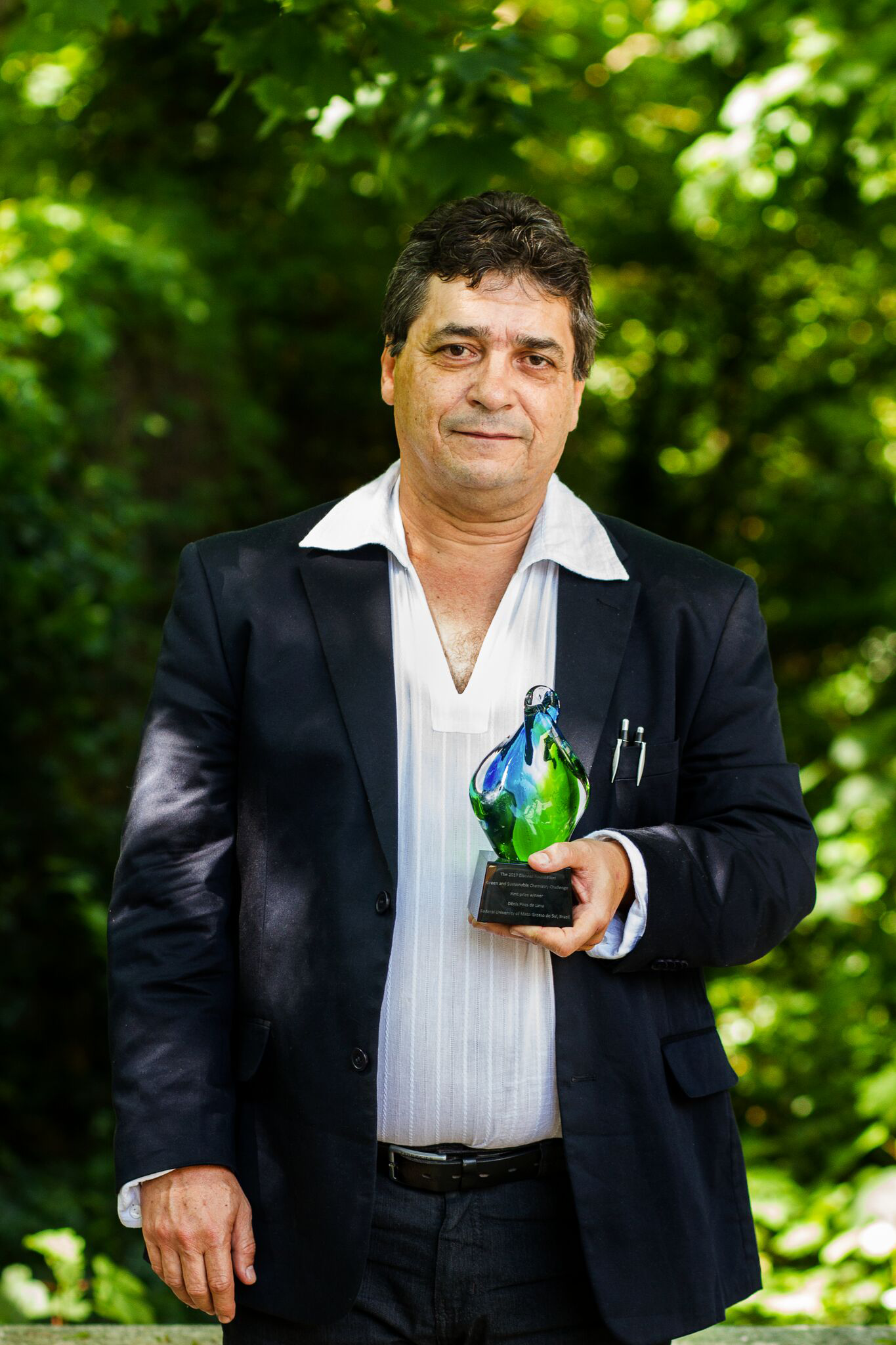Elsevier,
The Lancet Global Health, Volume 8, August 2020
This study supports SDGs 3 and 6 by suggesting that current methods of cholera control are insufficient at achieving zero transmission of Vibrio cholerae in Haiti, and that large-scale cholera vaccination campaigns are needed alongside improvements in water and sanitation for long-term cholera elimination.
Elsevier,
The Lancet Global Health, Volume 8, August 2020
An Article in support of SDGs 2 and 3, analysing the effectiveness of multiple micronutrient powders in infants and showing net health benefits of this intervention in most countries, although cost-effectiveness varied in different settings.
Elsevier,
Energy and AI, Volume 1, August 2020
This article supports SDGs 7 and 9 by creating a digital twin model of batteries via combining emerging machine learning technologies and battery modeling, achieving more intelligent control and longer battery life, providing key technologies for establishing an intelligent battery management framework in the future.
Elsevier,
Energy and AI, Volume 1, August 2020
This article supports SDGs 7 and 9 by introducing the application of PEM fuel cells in different fields and the current status of related technologies, and it proposed that machine learning and artificial intelligence have important potential in optimizing the design, control, cost reduction, durability improvement, and monitoring operational health of fuel cells.
Elsevier,
The Lancet Regional Health - Western Pacific, Volume 1, August 2020
This Research Paper supports SDG 3 by demonstrating that the use of rapid whole-exome sequencing to detect rare genetic diseases can reduce health-care expenditure and achieve net healthcare cost-savings in clinical settings in Hong Kong.
Elsevier,
The Lancet, Volume 396, 8 - 14 August 2020
A Commission on dementia prevention, intervention, and care, in the context of SDG 3, focusing specifically on individual-level and policy-level interventions for modifying risk factors to prevent or delay onset, tackling inequalities, providing holistic post-diagnostic care, managing neuropsychiatric symptoms, and caring for family carers.
Elsevier,
26th July 2020
In 2017, Dr. Dênis Pires de Lima from the Federal University of Mato Grosso do Sul, Brazil, was awarded the first prize of € 50,000 for his project “From Cashews to castor oil, combating mosquito-borne diseases.” Contributing to SDGs 3 and 15, Dr. Pires de Lima and his team’s project promoted the use of natural waste from locally sourced cashew nuts and castor oil, to produce environmentally friendly insecticides against mosquitoes carrying Zika and Dengue fever — a sustainable alternative to conventional, substantially toxic insecticides. Three years later, we interviewed Dr. about his experience as a winner of the Green Sustainable Chemistry Challenge, as well as the upcoming steps for his winning project.
Elsevier, Renewable and Sustainable Energy Reviews, Volume 126, July 2020
The new European Commission plans to raise the greenhouse gas (GHG) emissions reduction target from 40% towards 55% by 2030 and make Europe the first climate-neutral continent by 2050. Achieving this will require accelerated energy efficiency measures, deeper electrification of sectors currently consuming conventional fuels and the deployment of more renewables, faster. This opinion article looks specifically at the role of photovoltaics (PV), based on scenarios from the Commission's 2018 long-term strategy (LTS) for energy and climate.
Elsevier, One Earth, Volume 3, 24 July 2020
China is a key player in global production, consumption, and trade of seafood. Given this dominance, Chinese choices regarding what seafood to eat, and how and where to source it, are increasingly important—for China, and for the rest of the world. This perspective explores this issue using a transdisciplinary approach and discusses plausible trajectories and implications for assumptions of future modeling efforts and global environmental sustainability and seafood supply.
Elsevier, One Earth, Volume 3, 24 July 2020
Humans, through agricultural fertilizer application, inject more reactive nitrogen (Nr) to terrestrial ecosystems than do natural sources. Ammonia volatilization is a major pathway of agricultural Nr loss. Using a process-based dynamic model, Shen et al. show that ammonia volatilization from agricultural land in the US will increase by up to 81% by the end of this century due to climate change alone, posing threats to food security, air quality, and ecosystem health, but mitigation strategies are available.

